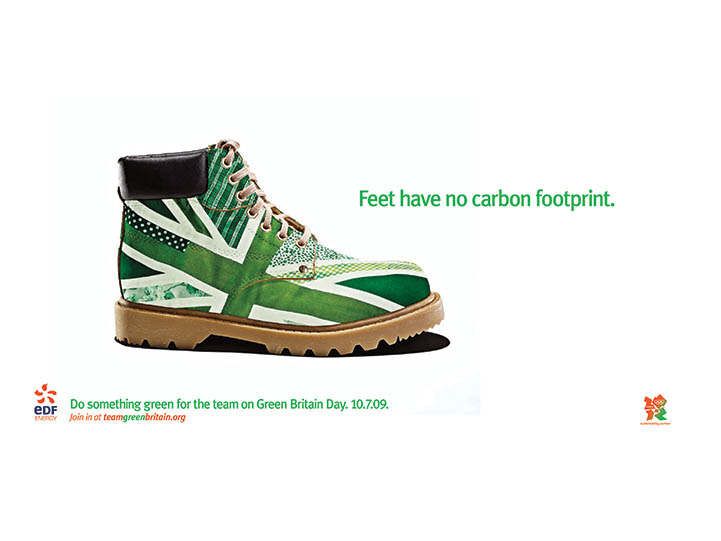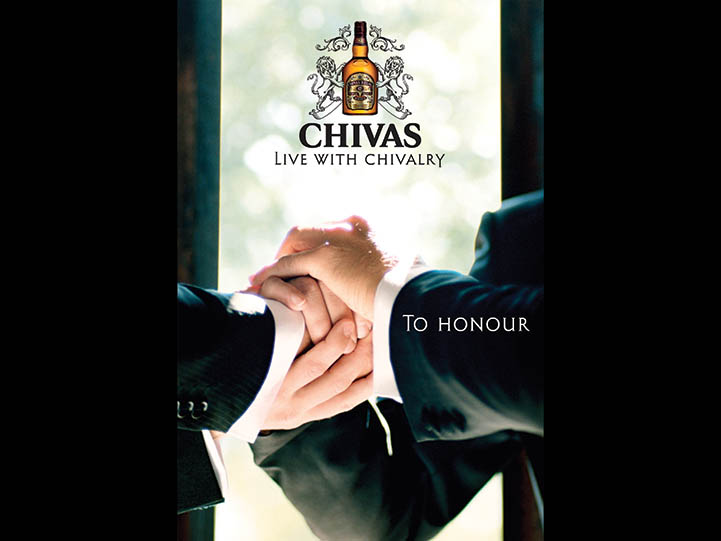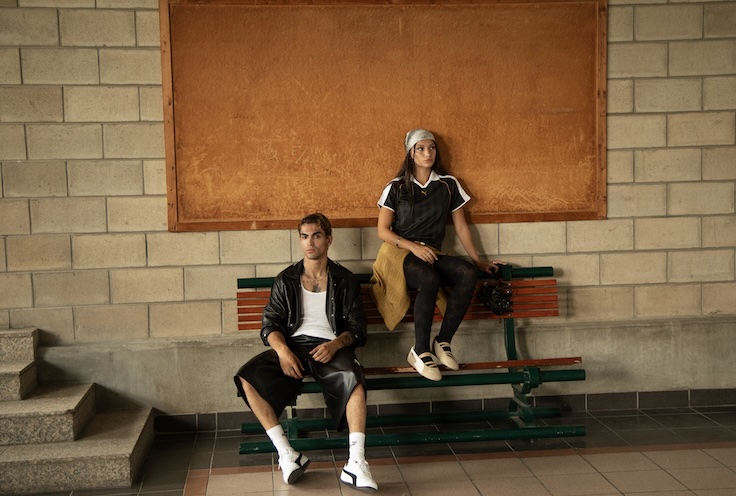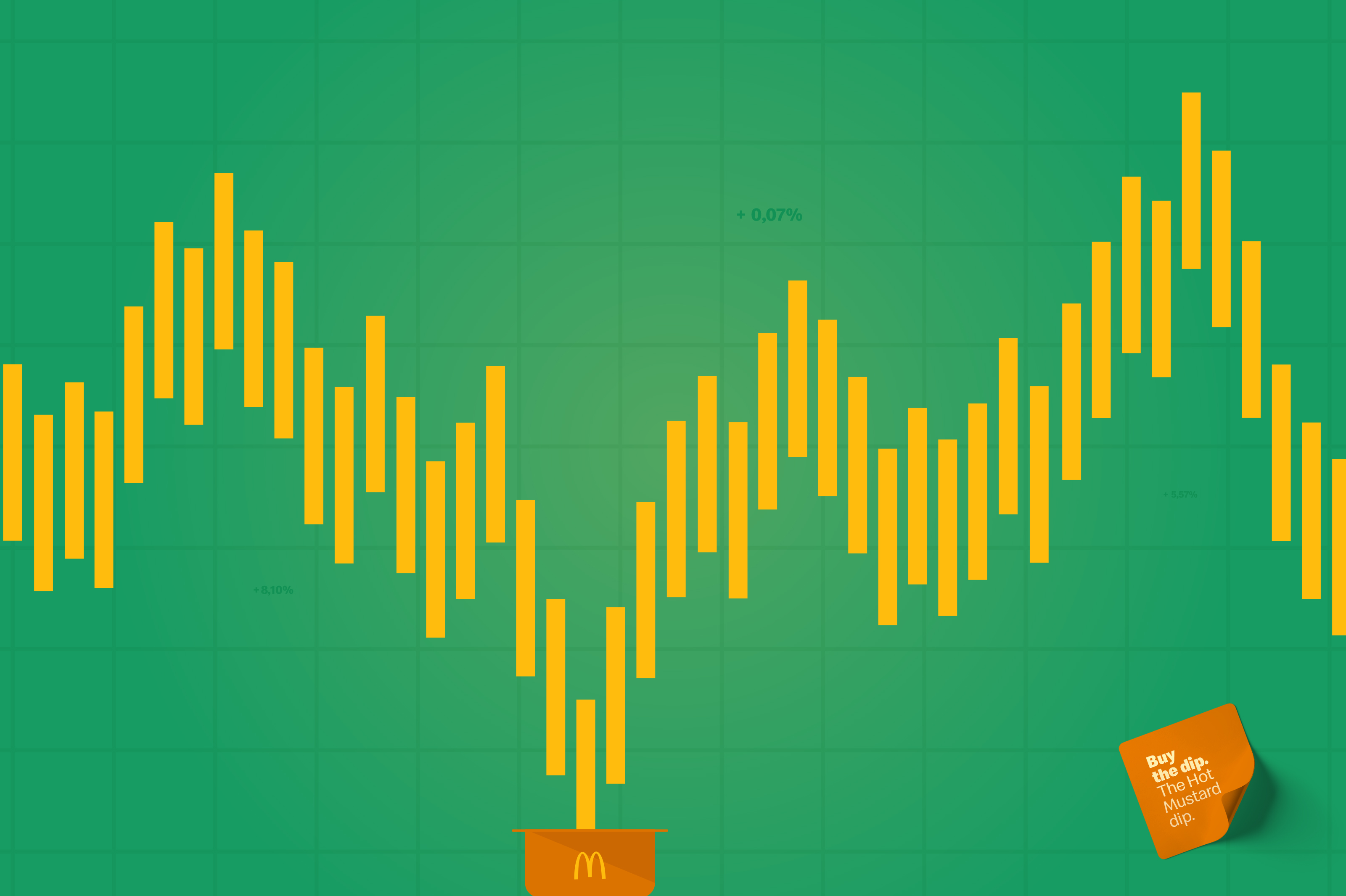News - Advertising
We Don't Need Experts, We Need High Quality Thinkers
by Ghada Azzi
May 13, 2010
.jpg) Advertisement
AdvertisementDo you believe the diagnosis is terminal when it comes to the Ad Agency model we used to know, which no longer fulfils the needs of clients unless it goes into a re-skinning sort of phase?
Well, there’s no question that the world and the media landscape is changing so significantly that agencies have to adapt or potentially die. This is not simply a case of re-skinning an existing offering, although some agencies are so encumbered by process and old school models that they try to paper over the cracks. More importantly, I think a lot of agencies are also scared from what is to come. For me, this is as much about a state of mind, as it is about competency. That’s why we’re seeing such a shift in the London agency's competitive landscape at the moment. Everything is up for grabs and several agencies that were on top of their game only a couple of years ago, are now having a tough time.
What state of development is the London-based unit in right now?
We at Euro RSCG – meaning the network and the London agency that I run, are truly excited about the future. In fact, you could say that we’re running towards it with open arms. That doesn’t mean we have all the answers, but we have a truly positive state of mind about all that can be achieved. I think that now, is the best time for anyone interested in creating narratives around brands, to be in this business. That’s why ‘digital’ shouldn’t be a separate entity, or even a separate brand - we believe digital should be at the core of the agency. I also believe that channel (or media) strategy should be core to an agency like ours. Talented channel strategists enable us to put ‘a bit of media into the creative’, and ‘a bit of creative into the media’. But more importantly, we can only develop multi-faceted ideas when we know the roles that each medium can play across the customer journey for a given project.
In that respect, the diagnosis isn’t terminal, but the agency model has to be redefined to ensure our ability of taking advantage of the new landscape. Digital, PR, events, social media, and channel strategy are all aspects of our offering that we are strengthening and growing. Part of the reason why we won the Dulux business globally in November last year was because we showed the client an idea that was ‘agnostic’. It is content that works across all channels, combining social with experiential and advertising media with relationship marketing. At its heart however is a big thought, which is the thing that acts as the glue and is something that great agencies at their best will continue to deliver.
What are your top priorities in 2010: digital infrastructure or/and enter the race for becoming the all-mighty “new generation agency”?
The priorities for 2010 are, of course, to continue to weather an uncertain economic climate in the UK (currently predicted to be 0.5% GDP growth) and make the most of growth in markets such as China. We have good momentum in the agency at the moment, thanks to recent new business wins (Credit Suisse Global, Dulux Global, Comet) and we’re keen to maintain that, by delivering great work and attracting great talent. We also aim to make the most of our billing as the challenger global network. We also plan on having Euro RSCG London play a key hub role in delivering against our vision of ‘getting to the future first’. We are well set up to deliver full service integration in the UK now and we’re delivering that for many clients.
How deep has Euro RSCG gone into the digital jungle and how easy has it been to adjust to the new communication landscape?
The landscape is changing and one of the things that we need to accomplish as an industry and as an agency, is learn by doing. No one has all the answers right now, but digital is a state of mind as much as it is about technical competency. We certainly have the right state of mind for that and our ability to deliver is getting stronger.
What are some of the recent work you've done within the digital arena?
Our recent work on 'One Young World' and the Campaign for Climate Justice (tck tck tck), as well as the recent integrated win on Dulux global, in addition to the digital win for IBM global, shows we are doing something right and indeed have something to be proud of.
Has the hunt for the right fresh pool of talents been an easy task?
As a network, we’ve also hired world class creative talent like Fernanda Romano and Mick Mahoney, both of whom are not people who start or end their thinking in any particular channel. That’s because we fundamentally believe that digital and channel strategy should be at the core of everything we do, and that digital is not a ‘department’. That’s why we don’t have a separate digital brand. Digital is integrated into our agency as a competency – tech, production, design, creative, strategy, however, everything we do starts from good ideas, rather than any specific channel. Because of our DNA, Euro RSCG London, as an agency and as a network, has found it easier than most to adapt to the landscape. We have an entrepreneurial culture and can move fast. As I said, we’re excited about the possibilities to come.
People are fed up with being advertised at or sold to, as such, what is the ‘primary’ consumer trend that marketers should be paying most attention to?
In many ways, I personally think that there has never been a better time to be in this business. The need for, creative thinking, a great strategy and originality instead of habit, has never been greater. We have to be smarter now, to learn and to be even more creative in our thinking and execution. That’s why we have to recognise that the consumer is much smarter and connected these days. We have to make the most of the opportunities this provides brands but also be cognisant that this is not a world where interruption marketing is king. This makes our challenge a more interesting one, the channels we use more important, and the opportunity for truly great ideas paramount.
Do you have the feeling that you are somehow forced to re-evaluate your strategy and what are the core competencies an executive needs to have today?
Here, the most important thing that we have to recognise, is that our brands ‘lie naked’ in front of the consumer. I think this means that we have to act with more humility, more transparency and actually keep our eye on the triple bottom line. Sustainability and responsibility will be ever more important factors in business and the way brands behave. As such, we have to re-evaluate our strategy for clients and their brands, but this has always been the case. Marketing contexts and competitive landscapes have always shifted, strategies always have to evolve to cope with this. The added dimension now of course is the multitude of channels, touch points and speed of change. That’s what makes our job even more interesting! That said, key for someone in our business, aside from intelligence, creativity and a healthy sense of humour, is a fascination with what’s possible, and a desire to learn. I believe that an expert is someone who has stopped thinking, so today, more than ever, we don’t need experts, we need high quality thinkers.
What happened to the Big Idea that was king few years back? Is creativity still alive and kicking as it should be in this business?

Clients are looking for even more accountability and value. So yes, a lot of the functions within agencies can be handled less expensively and all sorts of production or even strategic aspects of the creative process can be decoupled. But for me, this is like most things in life, ultimately value is the balance of quality and price. On the one hand, yes anyone can execute, but on the other, not everyone can execute well.

Our work for Reckitt Benckiser on Dettol is a simple and compelling truth brought to life in a relevant way. It’s a powerful reminder of the fact that consumers, particularly in the last year when recession hit us hard, want to know what’s in it for them. Using a powerful product to ensure a bacteria free family is a compelling message.
Change has always driven transformation, especially in the way brands address customer needs, sense and sensibilities. For brands to reel customers in, they need to capitalise on cultural nuances. As such, does your work and team have a ‘glocal’ flavour?
This is the age-old question. Great brands and their communications have to be predicated on truth, competitiveness and relevance. Whilst the truth of a brand cannot really change, with the exception of innovation, local context and consumer attitudes can vary significantly. So, it is imperative that global brands act in a way that is relevant to the local markets. The situation is of course different for different brands and clients, but to deliver effective global communication ideas, these need to be founded on a universal truth and be sensitive to local cultural nuances. Though this isn’t always easy or indeed possible, but if you look at our work for Chivas Regal developed out of Euro London, you can see an idea 'Live with Chivalry' founded on a truth around ‘male collective honour’, that is created centrally and adapted to meet local market needs. This requires strong central and local thinking and execution plus ongoing assessment and dialogue between the local market teams and the global one. So yes, in an ideal world and budgets permitting, we would recommend local market strategists and creatives engage in the process of developing ‘glocal’ communications.
Though this isn’t always easy or indeed possible, but if you look at our work for Chivas Regal developed out of Euro London, you can see an idea 'Live with Chivalry' founded on a truth around ‘male collective honour’, that is created centrally and adapted to meet local market needs. This requires strong central and local thinking and execution plus ongoing assessment and dialogue between the local market teams and the global one. So yes, in an ideal world and budgets permitting, we would recommend local market strategists and creatives engage in the process of developing ‘glocal’ communications.
You've checked in and out from a good bunch of well-reputed ad units/networks, could you assert, (with no political correctness if I may...), there is a culture inherent to each firm? What is the most essential edge Euro RSCG has over the competition for instance?
I’ve been lucky enough to work at some great agencies over the years including HHCL& Partners, Lowe, and JWT. Of course agencies have their own cultures, but I think the thing that defines Euro RSCG today, and the thing that is unique - is a real spirit of youthfulness and energy, lack of bureaucracy, speed to act, positive intent and open- mindedness. We are excited about the future and preparing ourselves to welcome it. But perhaps the best thing about Euro is that, from the top of the organisation right through the ranks, it is full of nice people who are good at what they do and a visit to Euro RSCG London will hopefully demonstrate that!



.jpg)


.jpg)




